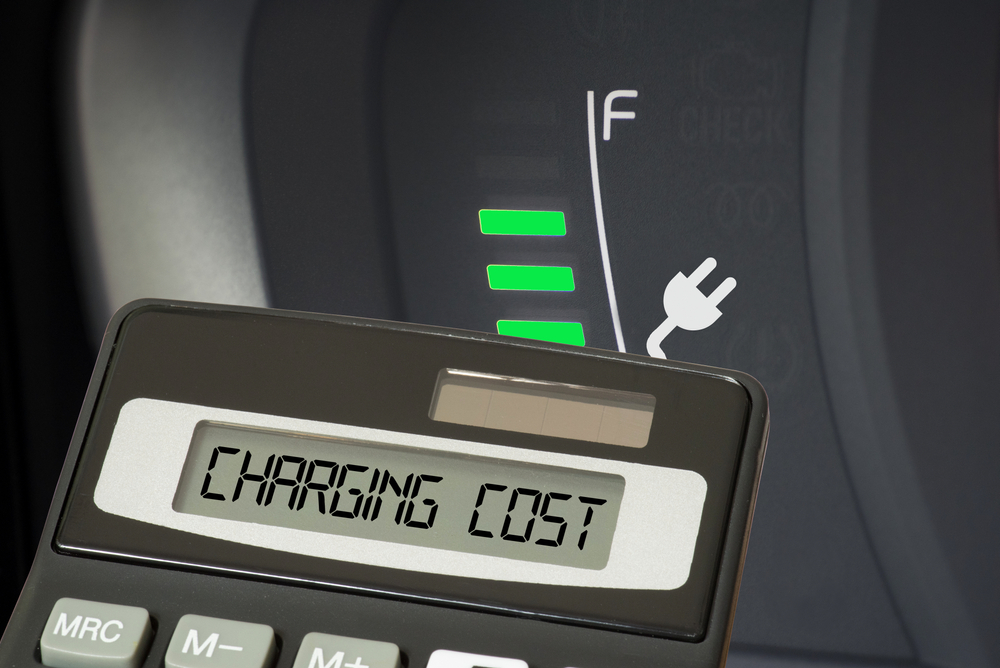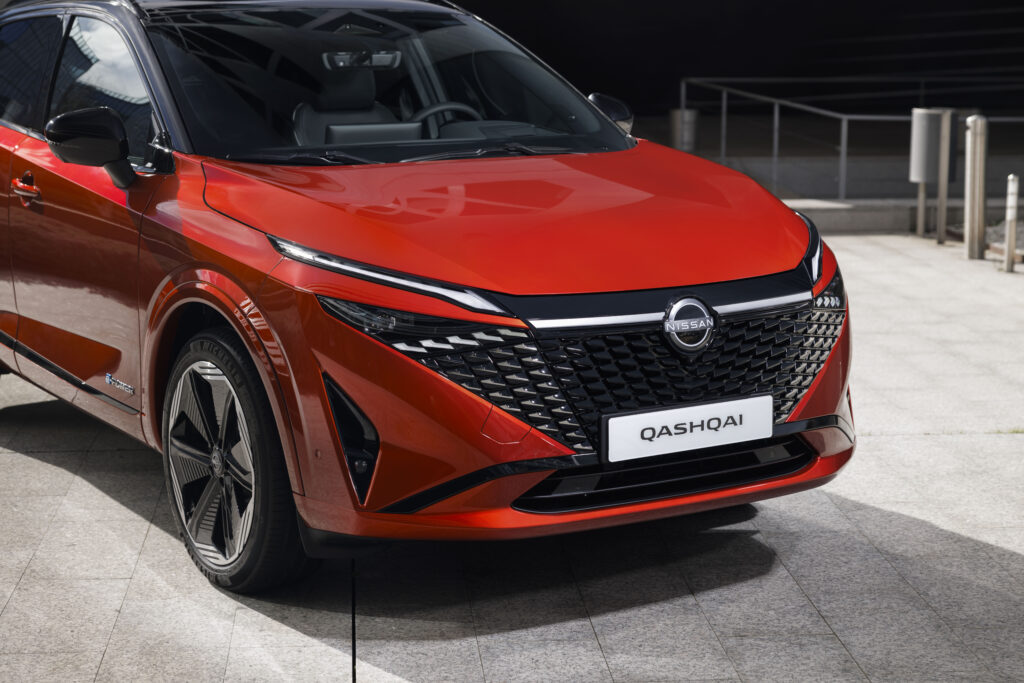As the automotive industry evolves, hybrid cars have emerged as a compelling solution, bridging the gap between traditional fuel-powered vehicles and fully electric options. Hybrids can address environmental concerns while alleviating issues related to the limited range of electric vehicles. They are gaining popularity among consumers due to their versatility, offering a range of options to suit different driving needs. This article explores how hybrid cars work, the available types, and the reasons you should consider investing in one.

What is a Hybrid Car?
Hybrid cars function by integrating an electric motor with a conventional internal combustion engine. This combination allows vehicles to achieve significant fuel savings and lower emissions compared to traditional gasoline or diesel vehicles. By utilising both power sources, hybrid cars can efficiently manage fuel consumption and reduce environmental impact.
How Hybrid Cars Operate
The hybrid system is designed to optimise the use of the electric motor and the petrol engine. During regular driving, the vehicle can switch between the two sources of power, allowing the engine to work less hard, especially during acceleration. This contributes to improved fuel efficiency and decreased likelihood of engine-related issues over time.

Reliability of Hybrid Engines
One of the main concerns potential buyers may have regarding hybrid cars is mechanical reliability. Manufacturers have addressed these concerns by designing hybrid systems that emphasise efficiency and durability. Many hybrids eliminate the need for components like a clutch or a starter motor, relying instead on a continuously engaged gearbox. This design not only boosts reliability but also enhances the car’s resilience against wear and tear, instilling confidence in buyers regarding their longevity and the security of their investment.

Fuel Savings and Reduced Emissions
A hybrid car’s dual power source allows for reduced fuel consumption and lower emissions. When the electric motor assists the petrol engine, it alleviates strain on the engine, thereby enhancing fuel savings. Surveys indicate that hybrid cars utilising petrol engines are among the most reliable and efficient options, often outperforming their purely gasoline or diesel counterparts.
Understanding Hybrid Technology
Hybrid technology comprises several key components, including a power inverter, non-moving parts, and sophisticated software that manages the vehicle’s energy sources. Unlike fully electric vehicles (BEVs) that rely solely on batteries, hybrids use electricity and conventional fuel to power the car. Some hybrid models even allow for battery recharging through a standard electric outlet, enhancing versatility.
Types of Hybrid Cars
Hybrid cars can be categorised into three primary types, each offering distinct features and advantages.
- Full Hybrids (HEVs): These hybrids charge their battery using energy harnessed from the petrol engine during acceleration and employ regenerative braking, a process where the electric motor acts as a generator to convert the vehicle’s kinetic energy into electrical energy, to recharge while slowing down. The electric motor can either contribute power or operate independently, particularly during conditions when the petrol engine is less efficient, such as city driving.
- Plug-in Hybrids (PHEVs): PHEVs bridge traditional petrol vehicles and fully electric cars. Although they feature smaller batteries compared to fully electric vehicles, plug-in hybrids can operate on electric power alone for approximately 20 to 40 miles, depending on the model and battery size. Regular charging from a mains source maximises the electric range and fuel efficiency. Charging times will vary, with fast chargers providing a full charge in under an hour, while regular outlets may take several hours to recharge the battery.
- Mild Hybrids (MHEVs): Mild hybrids use a smaller electric motor to assist the petrol engine but cannot operate solely on electric power. Depending on the model, mild hybrids may provide additional power during acceleration or allow the engine to shut down during braking or coasting, thereby conserving fuel. While mild hybrids typically have lower emissions than traditional petrol or diesel vehicles, their fuel economy may not match that of full hybrids due to limited electric-only operation.
Choosing the Right Hybrid Car
When considering a hybrid, it is essential to evaluate your driving habits and needs. Full and plug-in hybrids offer substantial fuel efficiencies, though they are not exhaust emission-free like battery electric vehicles. As hybrids rely on petrol or diesel engines, restrictions may apply in clean air zones (CAZ) within busy cities, where only vehicles with low emissions, such as hybrids, are allowed to enter.
Be aware of designations such as Low Emission Zone (LEZ), Ultra Low Emission Zone (ULEZ), and Zero Emission Zone (ZEZ), which impact where you can drive based on vehicle emissions.
Financial Benefits of Hybrid Cars
Investing in a hybrid car presents an opportunity to significantly reduce fuel expenses. Despite manufacturers’ varying mileage claims, many hybrid owners report notable savings when driving in urban environments or commuting short distances. However, it’s crucial to recognise that hybrids may not be the most economical choice for long-distance motorway driving. In scenarios where the electric battery is depleted, the petrol engine assumes the workload, often leading to increased fuel consumption compared to a dedicated diesel vehicle. However, the overall fuel savings and potential tax incentives for owning an eco-friendly vehicle can make hybrids a financially attractive option.
While some hybrid models excel at motorway driving, choosing the right hybrid can provide excellent miles per gallon (MPG) for both short trips and longer journeys.

Our Thoughts on Hybrid Cars
Hybrid cars represent a practical and efficient choice for environmentally conscious drivers seeking an alternative to traditional vehicles. By combining the best features of petrol engines and electric motors, hybrids offer commendable fuel economy and reduced emissions and present a reliable and durable option for a wide range of driving needs. Whether you opt for a full hybrid, plug-in hybrid, or mild hybrid, embracing this innovative technology can significantly contribute to a more sustainable future while delivering potential savings at the fuel pump.
FAQ.s
Q1: What defines a hybrid car?
A1: A hybrid car is defined as a vehicle that integrates an electric motor with a conventional internal combustion engine, allowing for significant fuel savings and reduced emissions compared to traditional gasoline or diesel vehicles.
Q2: How do hybrid cars operate to enhance fuel efficiency?
A2: Hybrid cars operate by switching between the electric motor and the petrol engine during driving. This system optimises fuel consumption by allowing the engine to work less during acceleration, which improves fuel efficiency and reduces wear over time.
Q3: What are the three main types of hybrid cars?
A3: The three main types of hybrid cars are:
- Full Hybrids (HEVs) – They can operate on electric power or simultaneously use both sources.
- Plug-in Hybrids (PHEVs)—These vehicles can operate solely on electric power for a limited range and are regularly recharged from an electrical outlet.
- Mild Hybrids (MHEVs)—These assist the petrol engine but cannot run solely on electric power.
Q4: What financial benefits can hybrid car owners expect?
A4: Hybrid car owners can expect to significantly reduce fuel expenses, especially in urban driving conditions. However, hybrids may yield a different efficiency than dedicated diesel vehicles for long-distance motorway driving due to increased fuel consumption when relying solely on the petrol engine.
Q5: What should potential buyers consider when choosing a hybrid car?
A5: Potential buyers should evaluate their driving habits, needs, and local emission restrictions, such as Clean Air Zones (CAZ). While hybrids offer substantial fuel efficiencies, they still rely on petrol or diesel and may not be completely exempt from emissions-related regulations in certain areas.
- The Peugeot 408: A Premium Hybrid That Stands Out - December 18, 2024
- UK Auto Industry Challenges Amid EV Transition - December 11, 2024
- EV Charging Costs in AA Report for October 2024 - December 6, 2024

